Student Blog
Classes
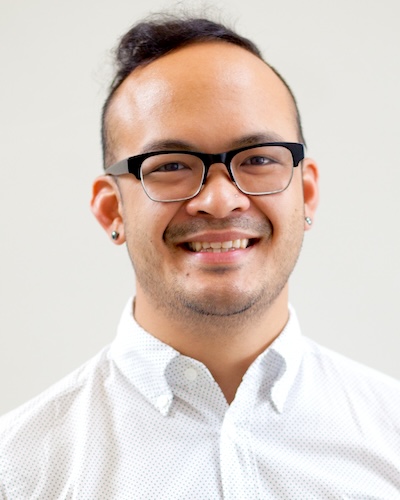
New Year, New You ⟩
January 22, 2016, by Joe
Classes What are OS/OT?
It’s the start of my last semester in the MA program, and in some ways it feels totally new.
One of the unique parts of our program is that during this final semester, we get to take electives in addition to the required leadership & occupational science course. A lot of my classmates are using this opportunity to get started on specializations and certifications, such as fellow ambassador Heather who is immersed in hand therapy courses.
I’m a bit more eclectic in my approach . . .
Therapeutic Communication for the Healthcare Practitioner
I’m loving this experiential training course for learning Motivational Interviewing (MI), a really powerful communication tool to help clients settle ambivalence and motivate them towards behavior change. We spend a lot of time in class actually practicing MI skills, which has been so helpful that I find myself using it even among my friends.
Lifestyle Redesign
I came to USC OT because of my interest in helping people live better, healthier lives through changing their habits & routines. Lifestyle Redesign is a signature practice of USC, and I feel really shows the power of OT in helping people sustain a healthy lifestyle. We are paired with a partner for the semester to use the Lifestyle Redesign intervention approach. I’m really excited for both myself and my dear friend & fellow ambassador Rashelle will come out of the semester with even healthier lifestyles as well as strong Lifestyle Redesign skills.
Independent Study Project
I’m also working with Dr. Jenny Martinez on developing a diversity-related initiative with two of my classmates;we’ve only had one planning meeting so far, but our goal is to develop a project to support “best practices” with clients of diverse backgrounds.
Social Entrepreneurship
For our electives, we can take some courses outside of OT, so I elected to take a course from the Master’s of Business Administration program. Social Entrepreneurship essentially looks at how to develop a business model to address social change in social justice, environmental, and/or healthcare fields (or more!). So far, it’s been one of my most exciting classes, and I’ve been generating so many ideas on different ways to deliver healthcare services, and ways non-profit and for-profit models can balance each other for greater social good.
It’s an exciting semester! I can’t believe the program is almost done!
⋯
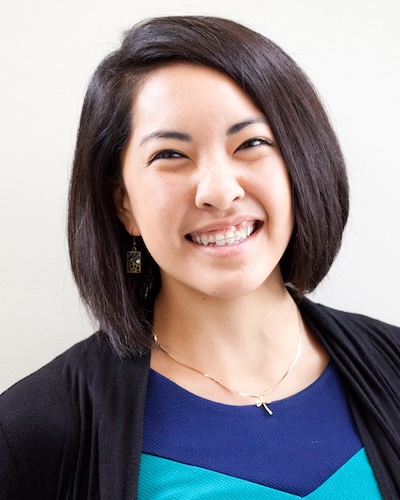
The Highs and Highers of 2015 ⟩
January 14, 2016, by Rashelle
Classes School/Life Balance
Happy New Year everyone!
In a nutshell, 2015 was a tremendous year! I graduated with my Bachelor’s of Science in Occupational Therapy from USC, I completed my final two practice immersions in pediatrics and adult physical rehabilitation, then, I ultimately said farewell to my amazing cohort.
I developed a community project proposal, which I could envision myself implementing as I become a more seasoned clinician; I learned how to cook easy, cheap and healthy meals; and I created everlasting friendships with my OT friends through our class trips to Big Bear Mountain, Las Vegas, and every pocket of Los Angeles from Venice Beach, Santa Monica, Korea Town, Little Tokyo, Hollywood, Pasadena and Downtown Los Angeles.
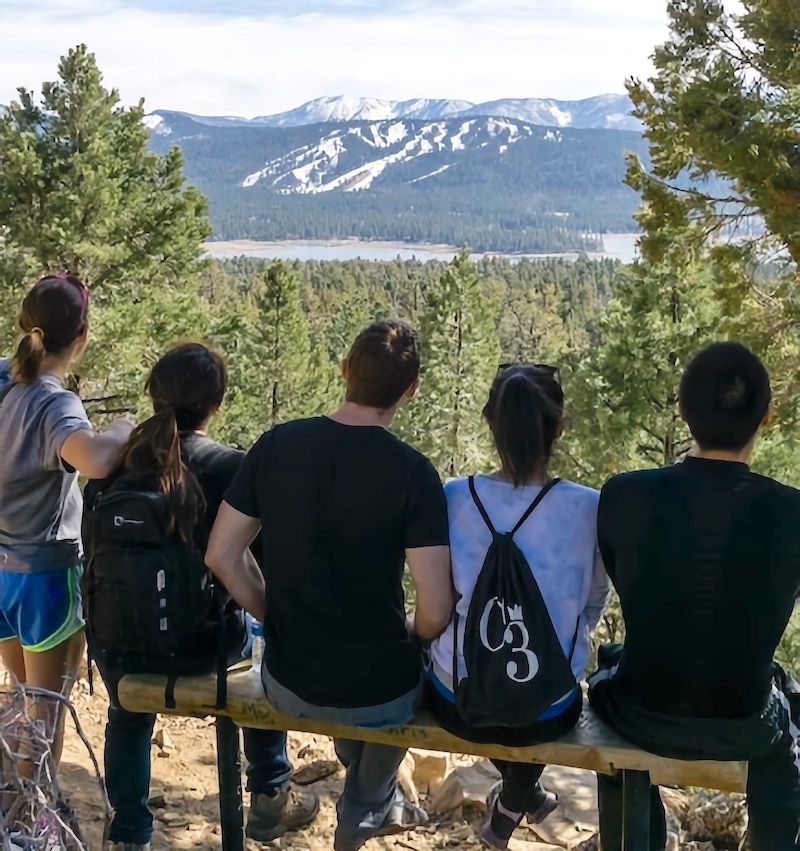
Big Bear Lookout
Through all of these events, I’ve grown as an individual professionally, personally, socially, spiritually, and thankfully avoided growing horizontally! When thinking about all the ways in which I’ve matured, I’ve realized that I can owe almost all of it to being in this program. The occupational therapy program at USC truly embraces the holistic lens of our profession, cultivating individuals in every aspect of their lives. For example, in classes such as Health Promotion and Wellness, we are guided in exercises promoting self-analysis and goal setting, in order to integrate healthy habits into our daily lives. Not only is stress management crucial for our future patients, but also relevant in our own lives as graduate students! Furthermore, in the OT & Faith bible study, which took place during lunch, we learned about the overlap between our personal beliefs and professionalism.
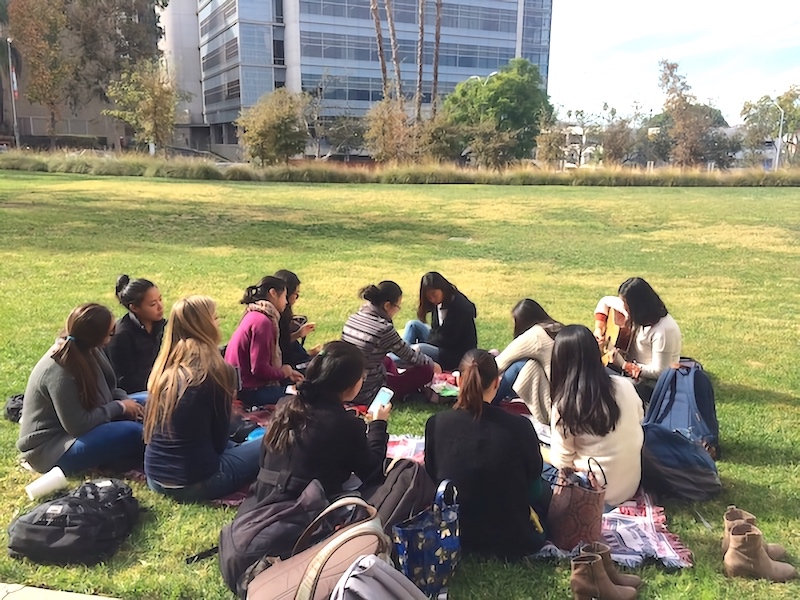
Bible Study Group
Then, just a few days ago we had our first class in our leadership capstone course. While each class we have taken thus far emphasizes becoming a leader in whichever practice area we pursue, I am excited to learn about specific qualities, traits, actions and leadership styles that will help me excel further in life. Lastly, while we are no longer studying our practice immersions in cohorts, I am looking forward to delving into electives of interest with new classmates — particularly those from the Post-Professional Master’s Degree (MA I) Program, and the Doctorate of Occupational Therapy (OTD) Program. While 2015 was glorious, I know that 2016 will provide even more memories to cherish as we come to the end of our program, and enter the real world.

Ready or not, here we come (shortly)!
⋯
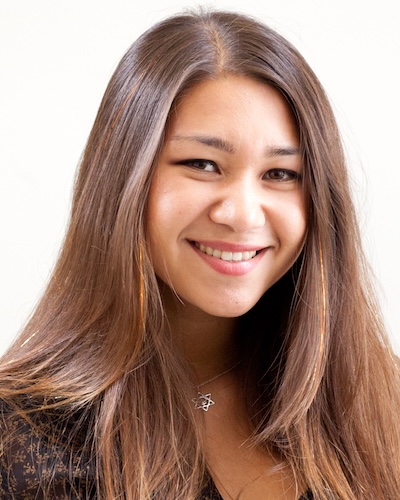
Hellooo Electives! ⟩
January 12, 2016, by Ariel
Classes What are OS/OT?
Aaaand we’re back! Everyone’s getting back into the swing of things now that winter break is over. For second year students, this means ELECTIVES! For our final semester, we’re given the opportunity to choose classes from the OT department, or even look outside of the department to create our own focus. As an aspiring pediatric occupational therapist, I’ve chosen to take electives that will give me a stronger background in early intervention, sensory integration, and dysphagia. Here’s a little about the elective courses I’ve chosen for this semester.
Early Intervention
In early intervention, we will learn how occupational therapists treat babies and toddlers with developmental delays or disabilities. We’ll be learning how to help children attain brand-new skills ranging from physical, cognitive, communication, social/emotional, and self-help.
Sensory Integration
In our sensory integration courses, we’ll be learning how to help children process sensory information efficiently in order to learn, move, and interact appropriately with their environments. What is sensory integration? The basic principle is that we are constantly receiving sensory information from our environments in the form of sights, smells, sounds, tastes, gravity, etc. All of these different senses must be registering in our brains correctly in order for us to receive the information and respond appropriately (e.g., the pan feels hot, so I will respond by removing my hand). For many of us, this process occurs without us having to even think about it! But for others, integrating the senses is a challenge. For these children, occupational therapists use different types of sensory input to challenge their patients’ nervous systems and help them better process information from their environments. The end goal is for the child to be able to move efficiently, learn, and live a happy and full life!
Dysphagia
In our dysphagia course, we will be learning how to help patients who have difficulty swallowing foods, liquids, or medicine. The inability to swallow negatively impacts overall health, nutrition, and quality of life. Occupational therapists treat patients with dysphagia by using compensatory strategies, encouraging modified diets, introducing patients to adaptive utensils, teaching proper positioning, and providing exercises prior to mealtime that enhance safety and swallowing abilities.
For more information on Electives through the USC OT department, check out our curriculum here!
⋯
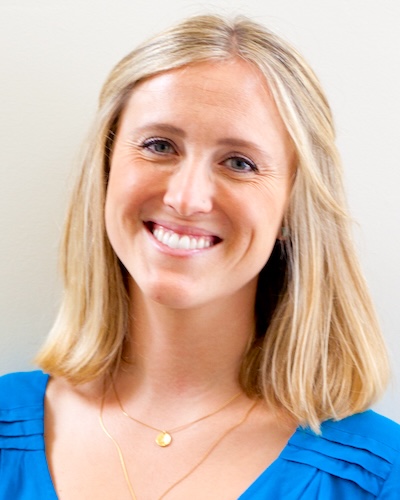
Community Programming and Research ⟩
December 4, 2015, by Heather
Classes
On Thursday, the USC Chan Division held their annual poster presentation evening featuring the students’ community programming and research projects. Every student, either individually or in a group, presented their project to the students and faculty.
My group partner and I finished our project that focuses on upper extremity ergonomics and proper body mechanics as it relates to the musician. We created a program that explores the prevention of repetitive motion injuries in musicians, and further investigated psychosocial factors that contribute to the development or exacerbation of musculoskeletal disorders in the musician population. The program was developed into three tiers: pre-season, season, and post-season. We incorporated the expertise of certified hand therapists, and guest lecturers to focus on health, wellness, nutrition, and stress related to performance anxiety.
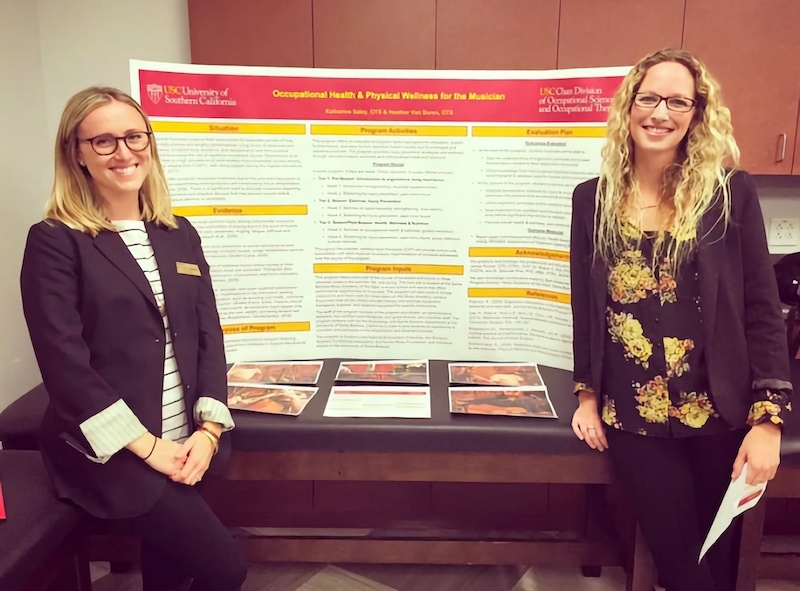
Here are some of the other poster projects from some of our fellow classmates.
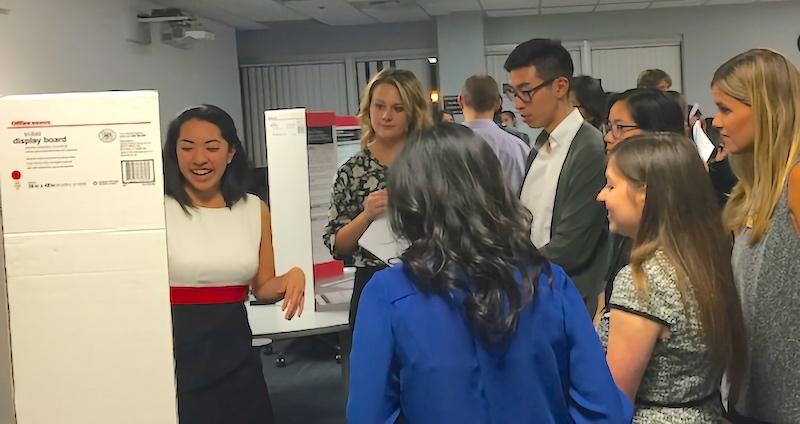
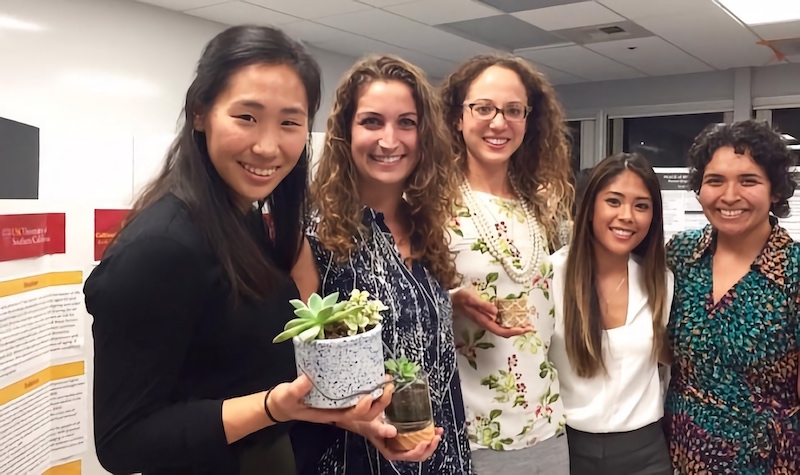
⋯

Just for Kids! ⟩
December 2, 2015, by Heather
Classes
This week we had the opportunity to learn more about pediatric splinting. Making a splint is a pretty cool, but making a splint for a kid is even cooler!
Some pediatric hand conditions that might require hand splints include congenital anomalies, neurological disorders, peripheral nerve injuries, and traumatic injuries. These splints may protect the kiddo’s joints, muscles, and tendons depending on their specific condition.
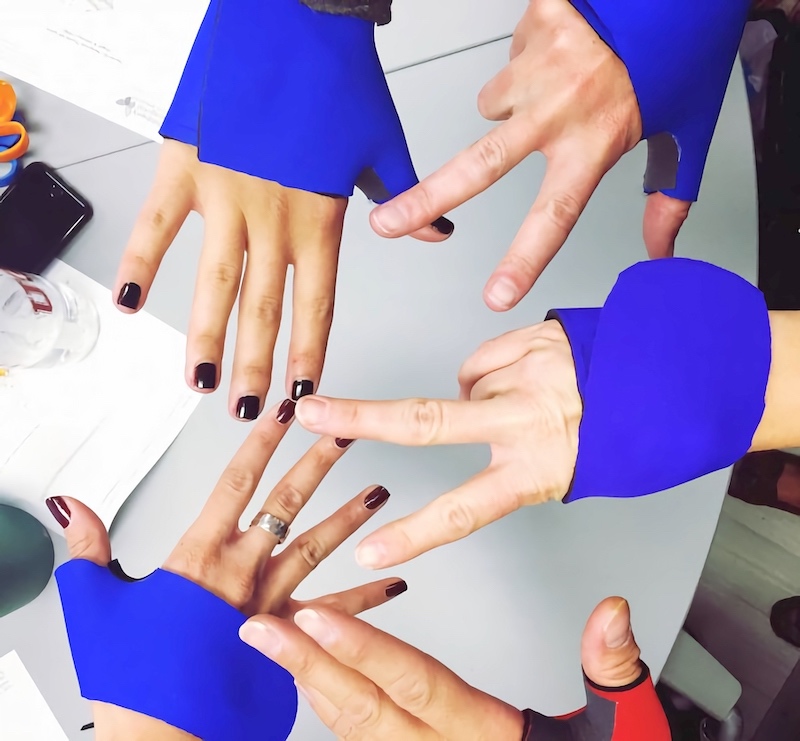
Pediatric splinting
I look forward to learning more about hand anatomy and function when I take the hands elective course next semester!
⋯





